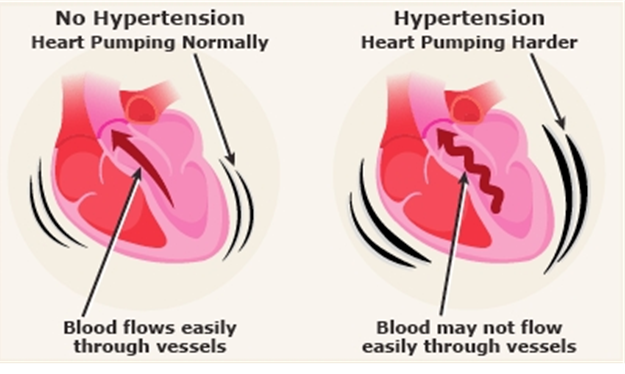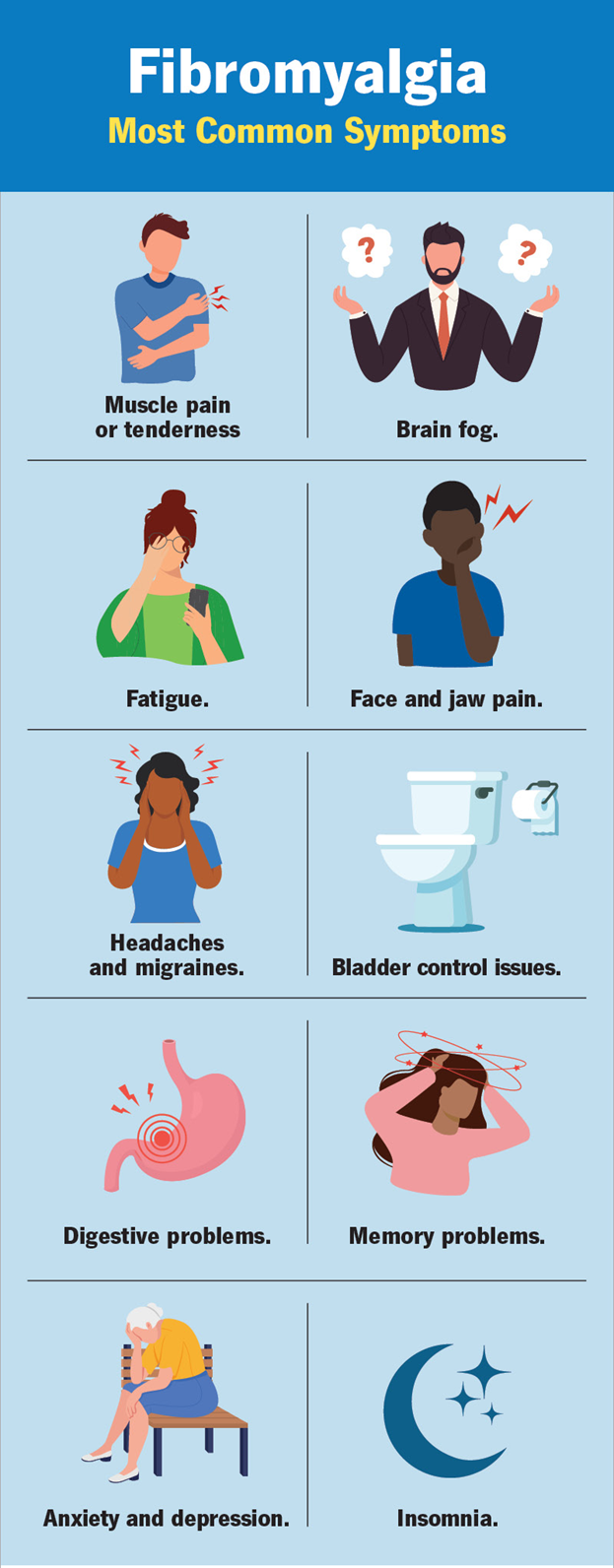A client with narcolepsy receives a new prescription for methylphenidate. Prior to administration of the medication, the nurse should review the medical record for which condition?
Hypercholesterolemia.
Hypertension.
Diabetes mellitus.
Bronchitis.
The Correct Answer is B
Choice A reason: Hypercholesterolemia, or high cholesterol, is not a primary concern when prescribing methylphenidate. While managing cholesterol levels is important for overall cardiovascular health, it does not directly interact with the administration of methylphenidate.
Choice B reason: Hypertension, or high blood pressure, is a critical condition to review before administering methylphenidate. Methylphenidate can increase blood pressure and heart rate, potentially exacerbating pre-existing hypertension. Monitoring and managing blood pressure is essential to prevent complications such as stroke or heart attack.

Choice C reason: Diabetes mellitus is important to manage, but it is not directly affected by methylphenidate. While some medications can influence blood sugar levels, methylphenidate primarily affects the central nervous system and cardiovascular system.
Choice D reason: Bronchitis, an inflammation of the bronchial tubes, is not a primary concern with methylphenidate use. Although respiratory conditions should be managed appropriately, they do not typically interact with the effects of methylphenidate.
Nursing Test Bank
Naxlex Comprehensive Predictor Exams
Related Questions
Correct Answer is B
Explanation
Choice A reason: Taking tamsulosin early in the day is not necessary. Tamsulosin should be taken approximately 30 minutes after the same meal each day to ensure consistent absorption and effectiveness1. The timing of the dose is less critical than ensuring it is taken after the same meal daily.
Choice B reason: Tamsulosin can cause orthostatic hypotension, which is a sudden drop in blood pressure when standing up from a sitting or lying position. This can lead to dizziness or fainting. Therefore, it is crucial to instruct patients to stand and sit up slowly to prevent falls and injuries.
Choice C reason: Reducing daily fluid intake is not recommended for patients taking tamsulosin. Adequate hydration is important for overall health and can help manage urinary symptoms associated with BPH. There is no evidence suggesting that fluid restriction improves the effectiveness of tamsulosin.
Choice D reason: Tamsulosin should be taken daily, not on a twice-a-week dosing schedule. Consistent daily dosing is necessary to maintain stable blood levels of the medication and ensure its effectiveness in managing urinary retention due to BPH.
Correct Answer is C
Explanation
Choice A reason:
Administering a PRN dose of an antianxiety drug might seem like a reasonable action if the tremors are related to anxiety. However, without a clear indication that anxiety is the cause of the tremors, this action could mask the underlying issue and delay appropriate treatment. It is essential to identify the root cause of the tremors before administering any medication.
Choice B reason:
Obtaining orthostatic blood pressure readings is a useful assessment for determining if the client has orthostatic hypotension, which can cause dizziness and fainting. However, this action is not directly related to the complaint of hand tremors. While it is a good practice to monitor vital signs, it does not address the immediate concern of tremors caused by pregabalin.
Choice C reason:
Notifying the healthcare provider is the most appropriate action. Tremors can be a side effect of pregabalin12. The healthcare provider needs to be informed to evaluate the severity of the side effect and decide whether to adjust the medication dosage or switch to an alternative treatment. This ensures that the client receives the most appropriate care and avoids potential complications.

Choice D reason:
Collecting a capillary glucose level is important for clients with diabetes or those at risk of hypoglycemia or hyperglycemia. However, there is no indication in the scenario that the client has diabetes or that blood glucose levels are related to the tremors. Therefore, this action is not directly relevant to the client’s current complaint.
Whether you are a student looking to ace your exams or a practicing nurse seeking to enhance your expertise , our nursing education contents will empower you with the confidence and competence to make a difference in the lives of patients and become a respected leader in the healthcare field.
Visit Naxlex, invest in your future and unlock endless possibilities with our unparalleled nursing education contents today
Report Wrong Answer on the Current Question
Do you disagree with the answer? If yes, what is your expected answer? Explain.
Kindly be descriptive with the issue you are facing.
